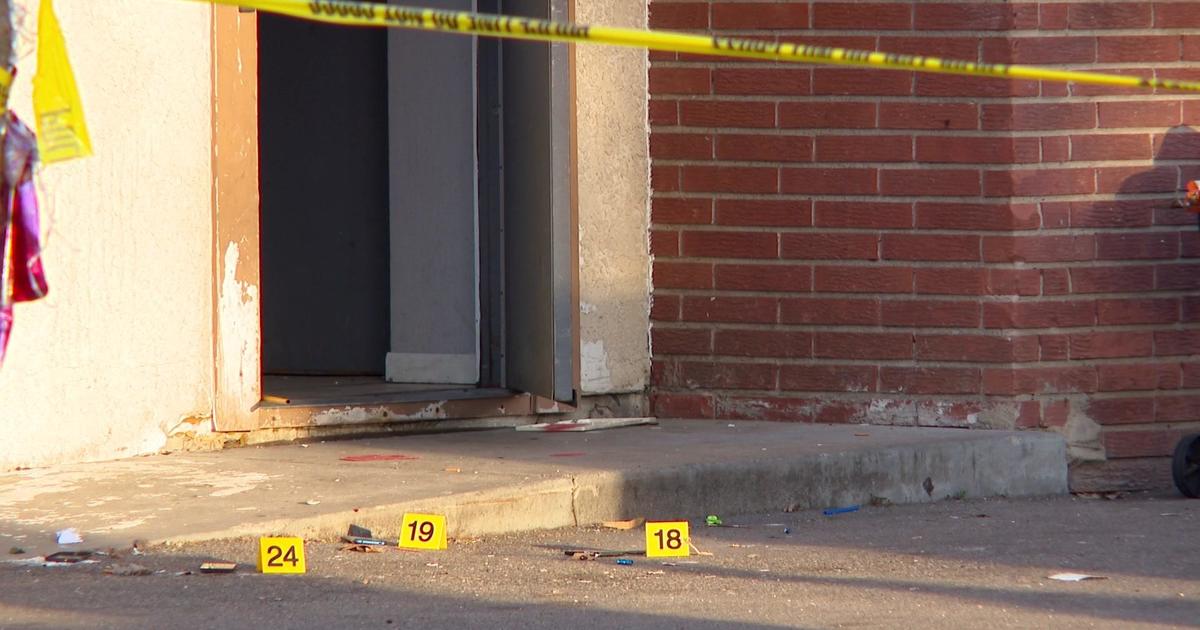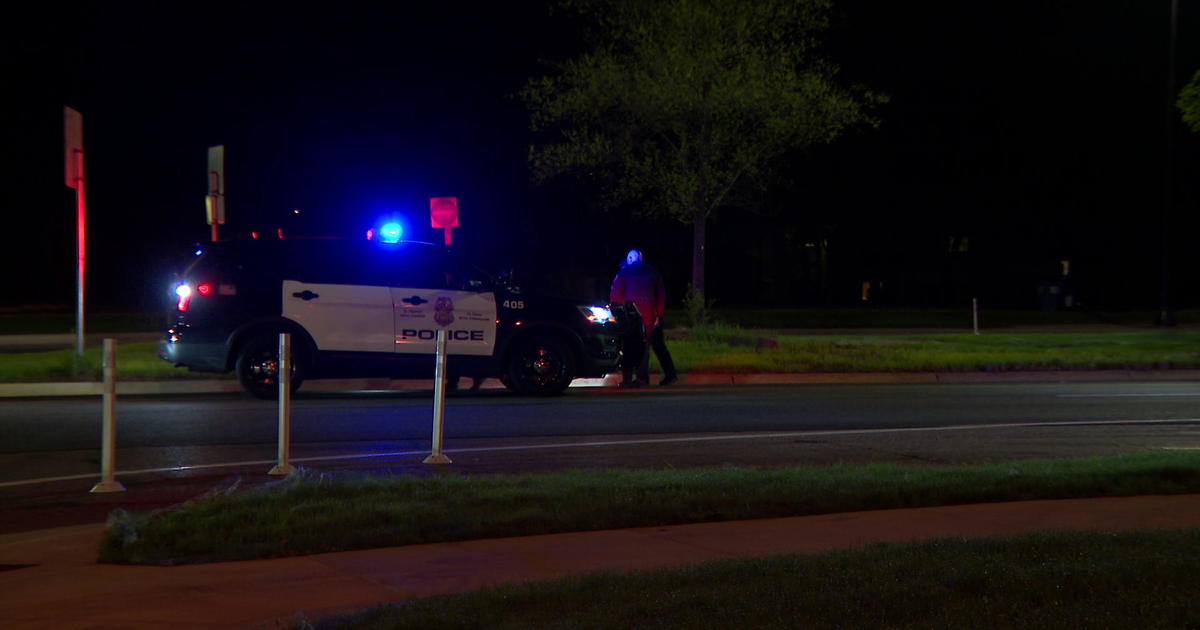More than 1 in 10 prison inmates have applied to Minnesota's new Conviction Review Unit
MINNEAPOLIS — Marvin Haynes, 36, was serving a life sentence for a 2004 murder. His conviction was overturned, but he spent nearly two decades in a Minnesota prison for a crime he did not commit. His exit from the Stillwater facility is making headlines around the country.
Haynes' attorneys are from the Great North Innocence Project; the group has been instrumental in the state's relatively new Conviction Review Unit. The concept that an innocent person could sit in a Minnesota prison cell is in fact what prompted the formation of the Conviction Review Unit.
It was in 2020 that the Great North Innocence Project secured grants from the Department of Justice to get it rolling.
"Conviction review units over the past decade have become increasingly prevalent," Great North Innocence Project's James Mayer said. "What we have in Minnesota is a little bit unusual because it is a statewide conviction review unit in the attorney general's office."
Since launching, there have been over 1,000 applications received by the unit. That represents more than one-tenth of the prison population in Minnesota.
Applicants need to claim innocence and still be imprisoned in Minnesota. Most times, they need to have exhausted their appeals process.
"It's actually somewhat rare to find an innocent person convicted of a crime, but I would never say that it doesn't happen. It certainly has," Attorney General Keith Ellison said. "The system, in order to be trusted, has to have integrity."
Mayer says there are red flags and patterns he looks for when reviewing potential wrongful convictions, such as heavy use of jailhouse informants or eyewitness identification.
"There are a lot of areas where forensic science has changed or evolved over time, such that our previous understanding were shown to be wrong. Arson science for instance has changed," Mayer said.
Mayer says hundreds of applications have been reviewed and closed. His client Thomas Rhodes walked out of prison earlier this year after the conviction review unit determined he was wrongfully convicted of the murder of his wife in 1998.
"We reinvestigated his case and came to the conclusion he was not guilty of murder but was criminally negligent," Ellison said.
Instead, he pleaded guilty to second-degree manslaughter and was released, having already served the sentence for that crime.
Both Ellison and Mayer say this work can be painful for victims or their families, adding there are victim's rights advocates on the Conviction Review Unit, and that families are notified throughout the process.
"I do earnestly say that this is emotionally difficult for victims," Mayer said.
But both say the work aims to ultimately increase our faith in the system, to correct a rare but possible wrongful conviction like that of Haynes, whose case was actually not technically a Conviction Review Unit case, but the principles driving it were the same.
If a case has real substance such as new evidence, the state has decided it wants to be able to take another look at that.
The unit is expanding. It's technically only funded for a few more years, so they'll have to continue lobbying and fundraising to keep their work going. There is an advisory board that is very diverse, covering rural, urban, civil rights leaders, prosecutors, defenders, and all races and genders.




